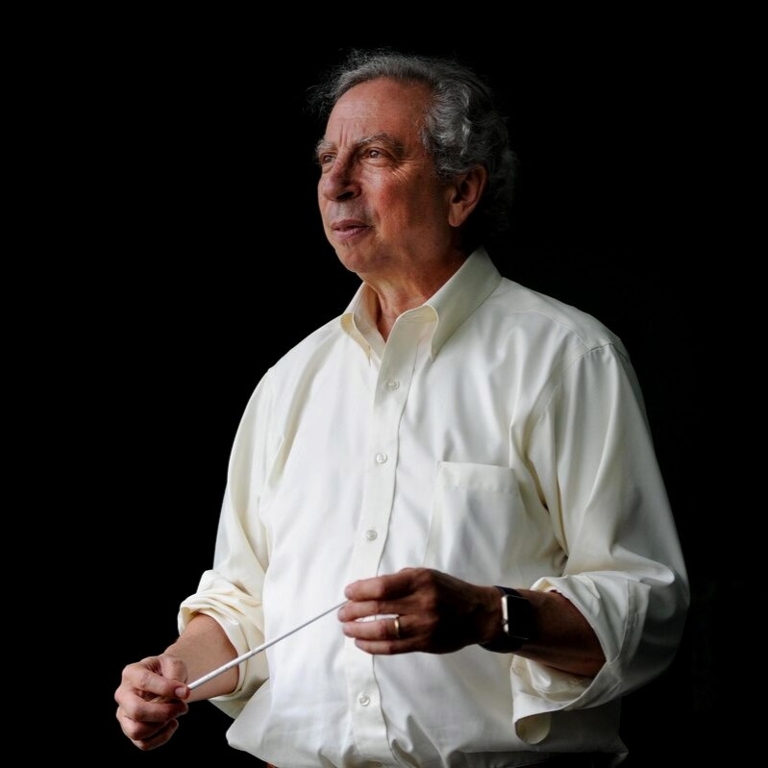FOR IMMEDIATE RELEASE
BLOOMINGTON, Ind. – The Indiana University Jacobs School of Music is part of a national consortium of orchestras and universities receiving a $400,000 grant from the National Endowment for the Humanities.
The consortium, Music Unwound, was founded in 2010 by American music scholar Joseph Horowitz to promote humanities-infused public programming based on topics in American classical music, using cross-disciplinarity to strengthen both student and audience engagement.
The Jacobs School of Music will present two Music Unwound festivals in conjunction with IU partners, including the African American Arts Institute, Center for Rural Engagement, Department of African American and African Diaspora Studies, and Department of Comparative Literature.
The first festival, The Souls of Black Folk, is planned for the 2023-24 academic year and will focus on the ongoing excavation of a buried history of Black classical music, including William Levi Dawson’s “Negro Folk Symphony,” while endeavoring to contextualize this ongoing discovery within a larger American musical and historical narrative.
The second festival, Charles Ives’ America, is scheduled for 2024-25 as part of the 2024 Ives Sesquicentenary. It will attempt to situate Ives within a versatile and capacious historical framework, arguing that he deserves to be installed in the topmost American cultural pantheon, securing his rightful place in the mainstream repertoire.
Halina Goldberg, chair of the Department of Musicology, spearheaded Jacobs’ participation in the grant program. “This is an important moment for artists and scholars to join forces, as we try to reach our students and broader audiences through arts and humanities,” said Goldberg. “Our communal ties have been weakened by the isolation of the COVID pandemic and by powerful social and political forces. There is no more important task ahead of us than making sure these ties are being restored.
“As gateways to the human experience, humanities and arts are a perfect catalyst for positive change. They teach us compassion; they help us connect with each other and see each other’s intrinsic humanity; they give us the understanding of a complicated past and wisdom for an uncertain future.”
Some other key Jacobs faculty participants are Alain Barker, director of music entrepreneurship and career development; Peter Burkholder, distinguished professor emeritus of musicology; Betsy Burleigh, chair of the Department of Choral Conducting; conductor Arthur Fagen and musicologist Ayana Smith.
Among collaborating faculty across the university are Carolyn Calloway-Thomas, professor of African American and African Diaspora Studies; David Hertz, chair of the Department of Comparative Literature; and Raymond Wise, director of the African American Choral Ensemble.
“Charles Ives was the first composer to write classical music—symphonies, tone poems, chamber music and art songs—that spoke in a distinctively American voice and captured life in the United States by representing its people, places, holidays, literature and moments of transcendence,” said Burkholder, a leading Ives scholar. “A generation later, William Dawson and other Black composers created music in the classical tradition that spoke to Black experience as well as to the universal aspirations of humanity.
“These festivals at Indiana University will be a wonderful celebration of these composers. By presenting their music together with talks and panels that explain it and the contexts it came from, these festivals will draw all of us more deeply into America’s music, history and culture.”
Other members of the Music Unwound consortium for the current round of funding are the Blair School of Music (partnering Vanderbilt University), Brevard Music Festival (lead partner), Chicago Sinfonietta (partnering Illinois State University), South Dakota Symphony (partnering two universities) and The Orchestra Now (Bard College).


